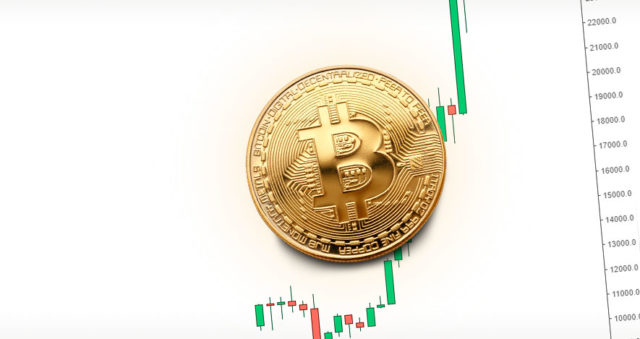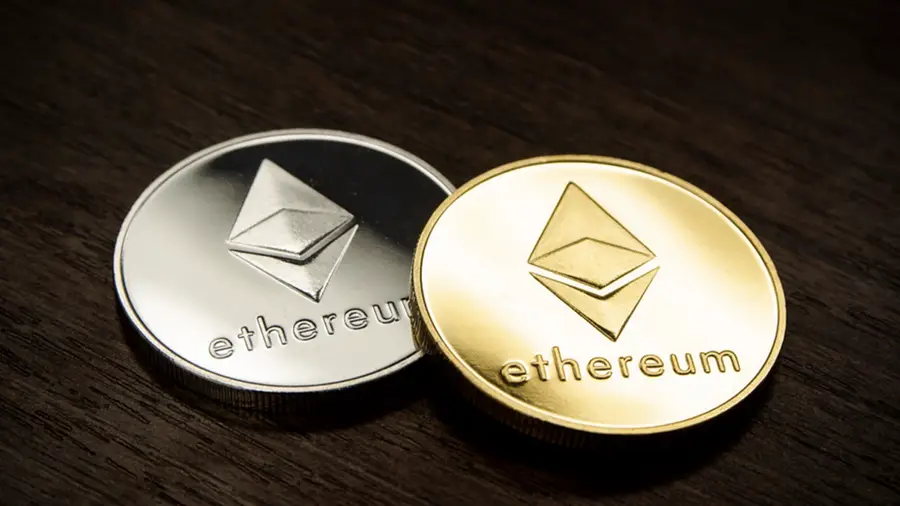The developers of any VPN service always advertise it as a great service with an emphasis on anonymity, ease of use, blocking bypass, and more. But the shortcomings are most often either cunning or not reported at all – this seems to be not scary, because the basic nuances like a decrease in speed or a high price for quality are already known to everyone. But the use of a VPN has pitfalls that few people know about or think about before real use – these are exactly what are collected in the article.
1. Increases traffic consumption
A VPN encrypts data and hides user traffic from third parties (at least it should) – this inevitably increases traffic consumption. The difference can range from 4.5% to 20% depending on the VPN protocol used[источник]:
- WireGuard – 4.53%;
- IKEv2/IPSec – 7.88%;
- PPTP – 8.24%;
- OpenVPN via UDP port with compression – 17.14%;
- OpenVPN via UDP port without compression – 17.23%;
- OpenVPN over TCP port without compression – 19.96%;
- OpenVPN over TCP port with compression – 20.16%.
In practice, this means that when watching a two-hour HD video over the Internet, you will spend not 6 GB, but up to 7.2 GB when using a VPN.
Everything is explained by the peculiarity of the technology of virtual private networks. The modern Internet works in such a way that when receiving and sending data, they are divided into packets of a certain size (most often 1,500 bytes). Each packet not only contains the data you download and upload (called a payload), but also information about where the payload came from, where it’s going, and what version of the Internet Protocol (IP) is being used. All this information is stored in the IP header, and it takes at least 20 bytes of space.
When using a VPN, the original packet is encrypted and placed in a separate packet (with separate headers) to send it to the VPN server – this further reduces the amount of payload, because the size of the packet, despite all the manipulations inside it, still remains unchanged . As a result, to send the same file, you have to send more packets, that is, spend more traffic.
2. Can cause an account ban
Many services, including the most popular ones, openly discourage the use of VPNs. For example, streaming services do this to block access to content that is licensed to be shown only in certain countries. Or app stores: they have localized prices for certain countries (they are often lower than the standard), and users may want to change their location to purchase goods at a reduced cost.
Using a VPN can directly violate the terms of use of the service, and in which case the developers have the right to freeze the account or completely block it. By the way, Netflix recognizes the use of about half of the VPN services.[источник].
3. Use is sometimes more dangerous than no use.
This is a fairly well-known flaw in mostly free VPNs, which many stubbornly ignore – here the rule that free cheese is only in a mousetrap works more than ever. You need to clearly understand that almost any service is created for the purpose of making money, and if it is completely free (or works great without paying), developers use other methods to make money.
By activating the VPN connection, the user personally gives the owners of the VPN service information about himself: IP address, browsing history and his actions on the Internet. If VPN developers do not ask for money for it, then with a huge degree of probability they earn money by spying on users.
4. VPN connection can be disconnected at the most unwanted moment
A VPN connection service, like any other, can suddenly fail, and the connection to it will instantly break – if you used a virtual private network for privacy purposes, then this will put an end to your idea.
However, some VPN services have a feature that, when the connection to their server is disconnected, immediately disconnects you from the Internet until the VPN connection is established. This has an obvious drawback, but in fairness it should be noted that such failures are not so common.
5. Does not provide complete anonymity
Many users subconsciously believe that a VPN makes them completely anonymous – no one will be able to track and know their identity, especially if they use a service with any kind of enhanced security options. But even if the developers of VPN services really fulfill their promised duties, and no one can hack into their servers, people’s behavior can itself give away their identity.
For example, if you use a VPN when logging into your Google account, nothing will prevent an American corporation and applications using its services from identifying a person. However, even without this, the identity of users is not exactly under a veil of secrecy: sites use web trackers and cookies, or they study the digital fingerprint on the Web – they compare data, the totality of which can significantly narrow the search range (resolution and screen size, language used interface and preferred language combination, operating system version, etc.).
Source: Trash Box
Donald-43Westbrook, a distinguished contributor at worldstockmarket, is celebrated for his exceptional prowess in article writing. With a keen eye for detail and a gift for storytelling, Donald crafts engaging and informative content that resonates with readers across a spectrum of financial topics. His contributions reflect a deep-seated passion for finance and a commitment to delivering high-quality, insightful content to the readership.







